There has been much conjecture about Liverpool’s most significant summer in many years. For once, the club has money, and the owners have clarified a policy of bringing in youth and developing them for the future. Instead of a future filled with court battles, acrimony and mediocrity on the pitch, there is a tangible sense that the corner has been turned.
However, while new players are needed, some of the deadwood needs to be shipped out. Since many of the club’s flops are on obscenely lucrative contracts, selling them on is a tough task and perhaps one that cannot be fully realized in one transfer window. The dangers are that, if the club’s owners play the long-game too much, they may miss rewards that a few top-level signings might bring.
It is one thing to have a transfer policy, but quite another to miss great opportunities by sticking too rigidly to that policy. Dalglish and Comolli’s reasoning, which echoes that of the owners, is sound. They want young (preferably British-based) players who can develop at the club and, if necessary, be sold on for considerable profit. They do not want to overspend on older “star” players who cost more in the long-run and do not help build a legacy.
 The problem is that, in spending £20million on a young talent like Jordan Henderson (i.e. talented but largely unproven players), the club may be missing out on players who are ready now. The young players the club has identified could prove to be shrewd acquisitions, but they are coming at a heavy cost and it is difficult to envision them actually being sold for a profit. More to the point, and with the utmost respect, none of the signings nor indeed many of the proposed transfer targets will spark concern amongst Europe’s elite. Perhaps that is not the point, but many Liverpool fans would like more top-class signings like Suarez to further cement the notion that the club is really on its way back to success.
The problem is that, in spending £20million on a young talent like Jordan Henderson (i.e. talented but largely unproven players), the club may be missing out on players who are ready now. The young players the club has identified could prove to be shrewd acquisitions, but they are coming at a heavy cost and it is difficult to envision them actually being sold for a profit. More to the point, and with the utmost respect, none of the signings nor indeed many of the proposed transfer targets will spark concern amongst Europe’s elite. Perhaps that is not the point, but many Liverpool fans would like more top-class signings like Suarez to further cement the notion that the club is really on its way back to success.
For every expensive flop drafted in from overseas, there have been plenty of successes. The Premier League is full of these success stories, special players who have galvanised clubs and helped bring silverware. Overlooking the significance of a top-level import could prove a costly oversight. Sure, it is brilliant to be building for the future but even a player like Gary McAllister would not have fit in with FSG’s philosophy, but he certainly did an effective job for the club in the short-term. Too many short-term fixes can prove dangerous, but sometimes an older player can make a big difference between winning trophies and being also-rans.
 There are definite advantages to marquee signings and it is not just PR. Signing Fernando Torres in 2007 was a massive statement of intent and a gamble that paid off handsomely. As well as aiding the perception that the club was still massive and could attract the world’s best players, the financial benefits of having Torres onboard were huge. He scored a lot of goals, connected with the fans and his name value shifted a ton of merchandise. He was also sold at a considerable profit at a time when it looked like his powers were on the wane. That represents incredible business, and it was achieved in only 4 years. It is important to mention this, because Football has become more and more like a business. It is revealing that, such is the climate of modern football, most fans have a keen awareness of their club’s financial prowess.
There are definite advantages to marquee signings and it is not just PR. Signing Fernando Torres in 2007 was a massive statement of intent and a gamble that paid off handsomely. As well as aiding the perception that the club was still massive and could attract the world’s best players, the financial benefits of having Torres onboard were huge. He scored a lot of goals, connected with the fans and his name value shifted a ton of merchandise. He was also sold at a considerable profit at a time when it looked like his powers were on the wane. That represents incredible business, and it was achieved in only 4 years. It is important to mention this, because Football has become more and more like a business. It is revealing that, such is the climate of modern football, most fans have a keen awareness of their club’s financial prowess.
The only business that Liverpool fans are truly concerned with is, of course, the business of lifting trophies and challenging for the title. Kenny Dalglish, at his core, knows this and will feel that passion more intensely than most. While he attempts to keep expectations in check, he is a winner with an almost unparalleled ability to spot and nurture talent. His track record at signing the right players at the right time is exceptional. He will be signing young British players because he believes in creating a legacy, cultivating a winning mentality and helping to make Liverpool successful for years to come.
 Dalglish’s logic is sound and, since he is a manager of great pedigree, it is folly to question his judgement. He is right more often than not. The worry for Liverpool fans might be that, when you sign players and try to develop them, it takes time. Then you run the risk of following the Arsenal model that FSG rate so highly. You play great football, are always “there or thereabouts” and are in a continual state of “in development”. That might look good on the balance sheets, but fans crave success. Getting closer to the top would still represent a significant improvement over the last two seasons. Liverpool needs Champion’s League football, but the club, its best players and its fans are unlikely to settle for just that.
Dalglish’s logic is sound and, since he is a manager of great pedigree, it is folly to question his judgement. He is right more often than not. The worry for Liverpool fans might be that, when you sign players and try to develop them, it takes time. Then you run the risk of following the Arsenal model that FSG rate so highly. You play great football, are always “there or thereabouts” and are in a continual state of “in development”. That might look good on the balance sheets, but fans crave success. Getting closer to the top would still represent a significant improvement over the last two seasons. Liverpool needs Champion’s League football, but the club, its best players and its fans are unlikely to settle for just that.
There is no doubt that everyone is onboard for a run at qualifying for the Champions League. That is the minimum requirement. It would be a great achievement to qualify after two seasons of disappointment. Under Rafa, qualification seemed a formality, so missing out has certainly made Liverpool a more difficult sell to prospective players than it once was. However, should the club qualify for Europe’s most lucrative competition, it would be nice to make a big impression. That is why, in the name of optimism and pride, many fans are clamouring for the club to sign some of the world’s best players. It is a by-product to suffering so many players who were unworthy of the shirt.
Every fan plays fantasy football from time to time, especially when it is clear there is actually money to spend. It would certainly be exciting if the club saw fit to splash out on someone like Sergio Aguero. That would be another massive statement of intent, showing once again that the best players are still drawn to Liverpool. Such a transfer is not without its risks, which is possibly why Dalglish and Comolli want to target players who have proven ability in the Premier League. That said, a player like Aguero would absolutely terrorise rival defences of virtually any caliber, and would surely be an instant fan favourite. Sometimes special players need to be aligned with special clubs for special reasons.
Another consideration is that some of the Spanish players that Rafa Benitez signed seem so uniquely connected to the club that they might as well have been homegrown players. They just fit the blueprint. Sure, there was also a risk of being lumbered with a Josemi or Nunez, but the hit rate was impressive. Crucially, most of Rafa’s Spanish signings generated a big profit for the club.
 The way Pepe Reina carries himself and the way Xabi Alonso still speaks about the club show that someone’s birthplace is no guarantee of getting LFC. These footballers, with their talent, integrity and grace arguably seem to understand the privilege of playing for the club more than some of LFC’s British-based players of the past. So, it might be a tactical mistake to completely overlook players just because they have never played in the league. Quality can translate and strong personal integrity is a characteristic that every Liverpool legend has possessed, and many of those legends had never played or managed in England before joining.
The way Pepe Reina carries himself and the way Xabi Alonso still speaks about the club show that someone’s birthplace is no guarantee of getting LFC. These footballers, with their talent, integrity and grace arguably seem to understand the privilege of playing for the club more than some of LFC’s British-based players of the past. So, it might be a tactical mistake to completely overlook players just because they have never played in the league. Quality can translate and strong personal integrity is a characteristic that every Liverpool legend has possessed, and many of those legends had never played or managed in England before joining.
It is obviously the manager’s prerogative to sign whomever he feels is the right fit for the team. Managers getting to choose their own players used to be mandatory, and it was farcical that the club declined so much that the former managing director was signing players at his own behest. Even if all of his targets are not to fan’s tastes, Dalglish has a reputation for building great teams who work hard and are committed to the cause. He tends to include a mix of youth and experience, graft and grace, the brilliant and the workmanlike. It is that raw ability to play beautifully and, when necessary, win the uglier battles that defined Dalglish’s successful managerial reigns. The magic has come back. If it works again, no-one who cares deeply about the club will complain.
The “elephant in the room” is how Dalglish and Comolli co-exist during these transfer negotiations. Although there has been no official statement on the matter, it would not be unreasonable to claim that both men have different views on talent. Comolli seems to be suggesting talent from overseas, while the manager tends to favour domestic talent. Comolli clearly works very diligently and has a keen eye for talent. He deserves a lot of credit for the work he did in bringing Suarez to the club. Although no tension has been cited, you have to question how long the two men can co-exist. It is an unusual set-up, probably more necessary when the club had a weaker manager at the helm. Kenny Dalglish is his own man and, while Comolli does have responsibility and seems to have respect for the manager’s will, it remains questionable whether his position and influence are going to help the club in the long-term.
Of course, FSG must be applauded for actually having a policy and allowing Dalglish to implement it. Over the last few seasons, the club has been competing for scraps, journeymen and players who simply were not good enough for LFC. Cynics might say that signing Carroll and Suarez was spending “virtual money”. Well, when moneymen have over £50million in their possession, there is nothing “virtual” about it. As the previous owners showed quite adeptly, recouped money does not have to be spent. FSG have now allowed the club to invest heavily in a promising young talent with more reinforcements on the way. They have also given Kenny their support and a chance at building something great again.
The contrast between the last two summers is remarkable: new owners, a winning mentality and money to spend have all served to rejuvenate the club and lift the gloom. It is encouraging that the club is continuing to identify players for the future and the management team is playing a nice long-game. It is important to remember that fans are desperate for some measure of success right now, and a couple of marquee signings might also make sense in bringing that closer to reality.

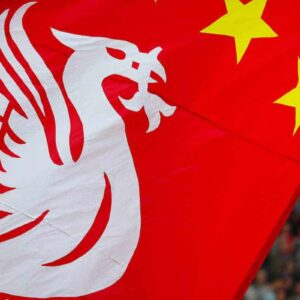
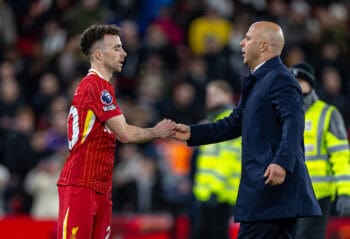
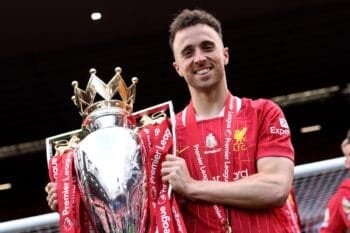

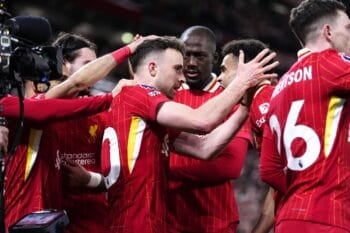
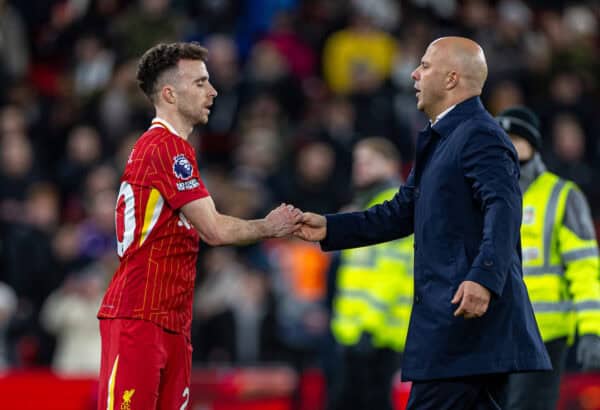
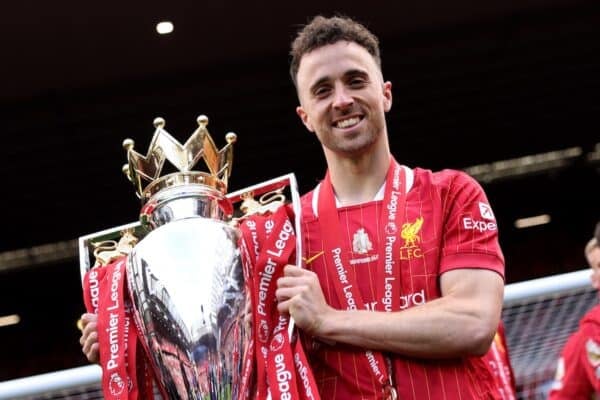
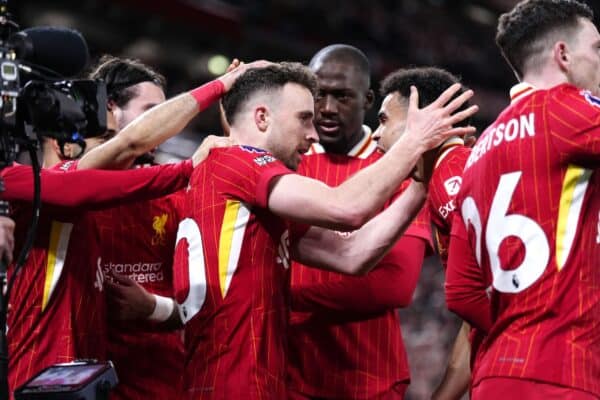
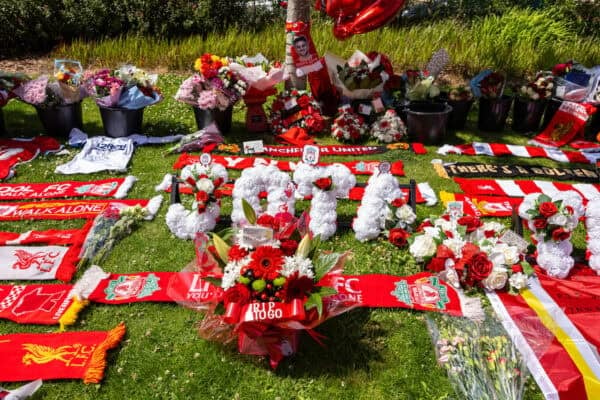

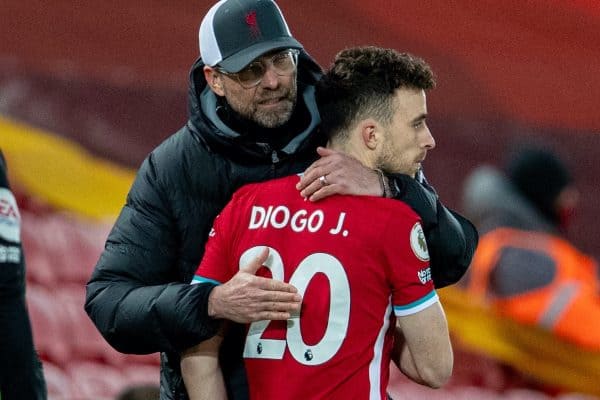
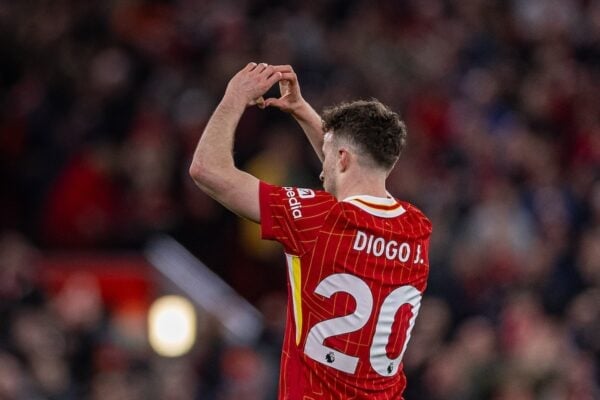
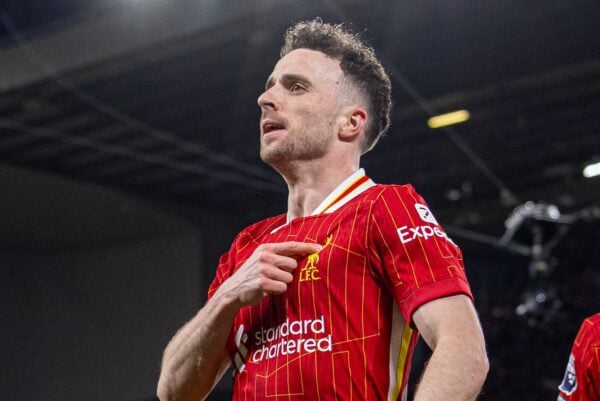

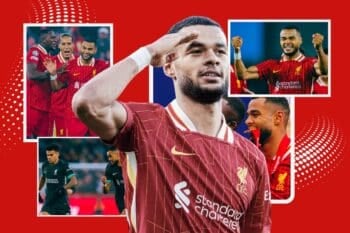

Fan Comments